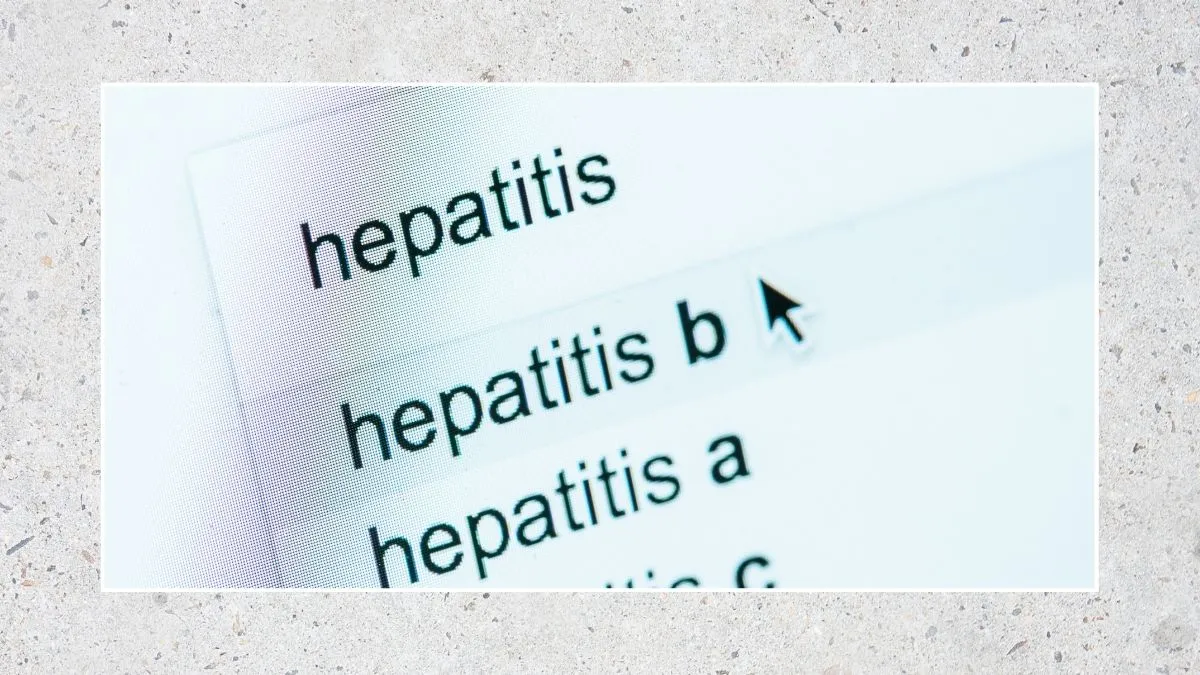
Intermittent fasting has emerged as a go-to wellness trend, promising everything from weight loss to sharper focus and improved metabolic health. But what happens when this popular dietary routine meets a chronic liver condition like hepatitis? For those managing hepatitis, the idea of going without food for extended hours can raise more questions than answers. Is it helpful? Harmful? Or something in between? Let’s find out in this article with insights from our expert, Dr Sukhvinder Singh Saggu, Consultant, Gastroenterologist: Yashoda Medicity.
Intermittent fasting (IF) is a popular lifestyle, known to cause weight loss, increase metabolism, and reduce inflammation. But for individuals who have hepatitis B, C, or other chronic liver disease, can one do intermittent fasting safely, or will it be more damaging than beneficial?

The answer depends on individual health status, liver status, and how and when fasting is practiced. Fasting alters the body's energy metabolism. The liver maintains blood sugar regulation during fasting by mobilising glucose storage as well as changing to fat metabolism. In healthy subjects, such a transition is generally safe. However, in patients with chronic hepatitis or inflammation of the liver, especially when the liver is functionally stressed, extended fasting can cause excess stress on liver cells and worsen fatigue, deficiency, or glucose derangement.
Don't Miss: Why Painful Periods Are Not Always Normal and When to Seek Help
This aside, properly planned intermittent fasting can even have particular protective effects on the liver, such as decreasing liver fat, enhancing insulin sensitivity, and suppressing inflammation, which are favourable effects for the patient with NAFLD or early-stage hepatitis.

However, intermittent fasting is not for those with severe liver diseases, cirrhosis, or on drugs that must be taken at regular hours of food consumption. Fasting without proper drinking water or nutrients can result in low energy, dizziness, or further stress on the liver.
"Intermittent fasting is probably safe, and potentially even beneficial, for people with well-stable, early liver disease or hepatitis if carefully watched by a doctor. It is not recommended, however, in severe illness or increased viral loads without consulting a hepatologist or liver specialist first. When considering fasting if you have hepatitis, personalised medical consultation is paramount. Your liver is doing its job, make sure your choice is positive, not negative," concluded Dr Singh.
Don't Miss: How To Manage Sleep Cycle, Stress, And Supplements For Those With Hepatitis
If you liked this story, then please share it. To read more such stories, stay connected to HerZindagi.
Image Credits: Canva
Also watch this video
Herzindagi video
Our aim is to provide accurate, safe and expert verified information through our articles and social media handles. The remedies, advice and tips mentioned here are for general information only. Please consult your expert before trying any kind of health, beauty, life hacks or astrology related tips. For any feedback or complaint, contact us at compliant_gro@jagrannewmedia.com.